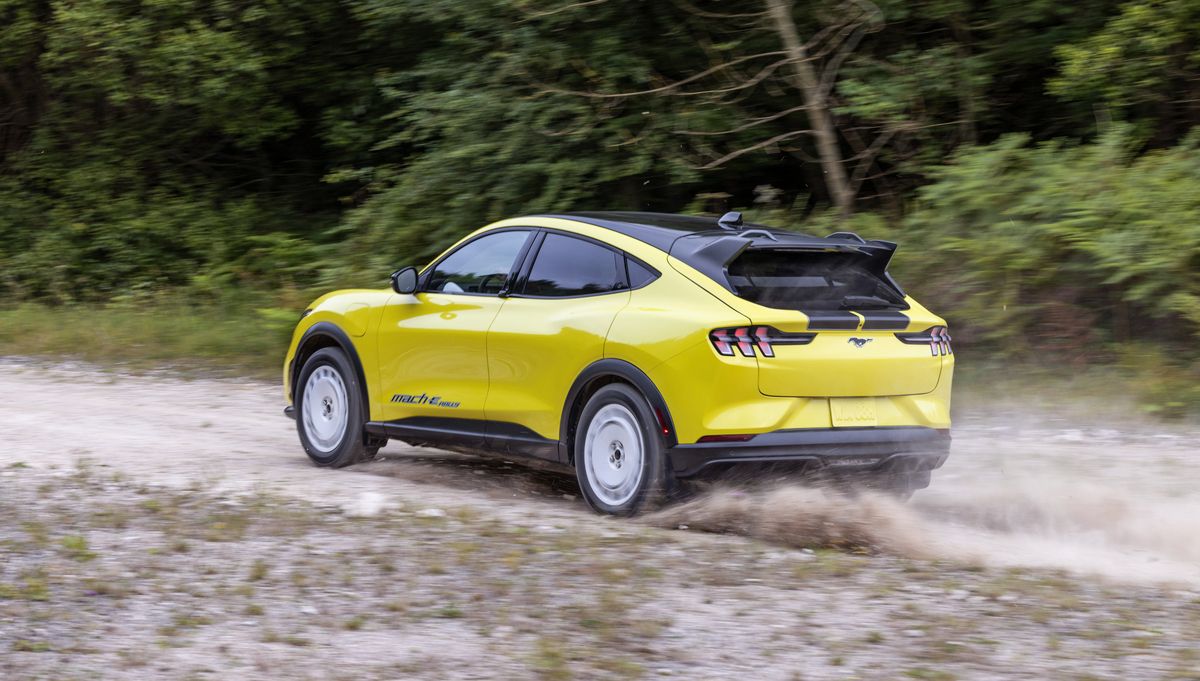In Ford Motor Company’s recent 2023 fourth-quarter earnings report, CEO Jim Farley announced a strategic shift in the company’s approach to electric vehicles (EVs).
While temporarily pulling back from the EV market, Ford is focusing on developing a dedicated low-cost EV platform with a small team of skilled engineers. Farley described this team as a “super-talented skunkworks team” operating independently from the main Ford operations.
The objective of this initiative is to ensure profitability within the first year of launching new EV models. This platform, developed by the specialized team, is designed to be flexible, accommodating various types of vehicles while also serving as a base for software and services.
Farley emphasized the significance of this move, highlighting its potential impact on cost efficiency and competitiveness in the EV market.

Ford plans to allocate less capital towards larger EVs like the F-150 Lightning, instead focusing on smaller, more cost-effective models. Farley underscored the importance of cost and efficiency in the company’s EV strategy, particularly in light of competition from affordable brands like Tesla and Chinese OEMs.
While emphasizing the role of hybrids in Ford’s product lineup, Farley also emphasized the importance of software and services in enhancing profitability. The company aims to achieve mid to high-single-digit EBIT profit margins over an EV’s lifecycle, comparable to Tesla’s margins.
Ford’s financial report for 2023 revealed a loss of $4.7 billion in its Model E business unit, which includes models like the Mustang Mach-e and F-150 Lightning.
However, its Ford Pro commercial truck business showed significant growth, generating $7.2 billion in profits. The company is optimistic about leveraging aftermarket software and services to bolster profits in its EV business.
Looking ahead to 2024, Ford projects a US market volume of 16 million to 16.5 million units, with transaction prices expected to decrease. The company anticipates an EBIT of $10 billion to $12 billion for the year, with a significant portion of capital spending allocated towards EV development.
Ford’s strategic shift reflects its commitment to adapting to market dynamics and maintaining competitiveness in the rapidly evolving automotive industry.

